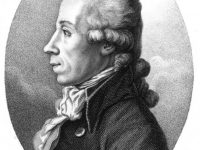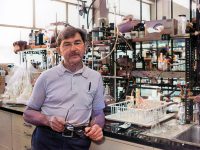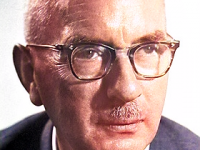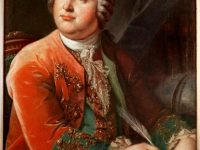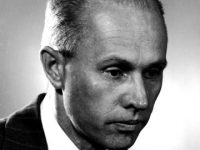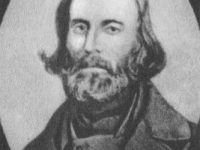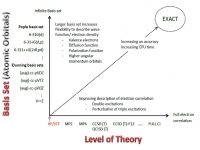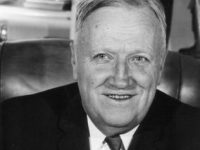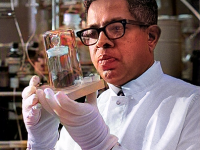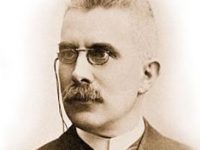Martin Heinrich Klaproth and the Analytical Chemistry
On December 1, 1743, German chemist Martin Heinrich Klaproth was born. Klaproth, one of the well known founders of analytical chemistry discovered uranium (1789), zirconium (1789), cerium (1803), and contributed to the identification of others. Although he did not isolate them as pure metal samples, he was able to recognize them as new elements. Youth and Education Martin Heinrich Klaproth was born in Wernigerode as the child of a poor tailor. After attending…
Read more

